Story Highlight
– Marlborough Highways fined £1 million for worker’s death.
– Robert Morris, 48, struck by reversing road-sweeper.
– Inadequate vehicle segregation and management identified as failings.
– Driver received suspended sentence for careless driving.
– HSE emphasizes importance of safety on construction sites.
Full Story
A London-based construction firm, known for its road resurfacing projects, has been fined £1 million following the fatal accident of an employee who was struck by a reversing road-sweeper. The tragic incident involved Robert Morris, aged 48, who was engaged in work on Pemberton Road in Haringey for Marlborough Highways Limited on 30 May 2022. At the time of the accident, a colleague was operating the vehicle which reversed without adequate precautions, leading to Mr. Morris’s death.
In the aftermath of the incident, a collaborative inquiry was initiated, involving both the Health and Safety Executive (HSE) and the Metropolitan Police. The police compiled evidence that was presented to the Crown Prosecution Service (CPS), resulting in a separate legal case against the driver, who was ultimately given a suspended prison sentence for his actions.
The investigation conducted by HSE revealed significant lapses in safety protocols at the construction site. One of the primary concerns was the absence of proper segregation between workers and moving vehicles. The investigation highlighted that a banksman, responsible for directing vehicle movements, was not employed during the reversing process, thereby increasing the risk of collisions. Moreover, the traffic management systems implemented on-site were found to be inadequate, compromising the safety of both employees and the general public.
Data indicates that a substantial number of construction-related transport incidents stem from insufficient separation of pedestrians and vehicles, an issue that could often be mitigated through meticulous planning and management of vehicle operations during construction activities. In this case, the HSE’s guidance document, “The safe use of vehicles on construction sites,” serves as a vital resource, underscoring the significance of site safety and the necessity for clear delineation between foot traffic and vehicular movement.
Marlborough Highways Limited, located at Woolf House, Eagle Way, Chelmsford, entered a guilty plea to breaches of Sections 2(1) and 3(1) of the Health and Safety at Work etc. Act 1974 during their first court appearance. On 3 October 2025, the company was fined £1 million, and ordered to pay costs amounting to £6,028 at the City of London Magistrates’ Court.
In a parallel prosecution by the CPS, Jamie Smith, aged 46, also an employee of Marlborough Highways, faced charges for causing death by careless driving, a violation of section 2B of the Road Traffic Act 1988. Smith pleaded guilty and, in February 2024, received a six-month prison sentence, which was suspended for two years. Additionally, he was disqualified from driving for a period of one year.
James Goldfinch, the principal inspector at HSE, expressed heartfelt condolences to Mr. Morris’s family, who his widow describes as “the centre of our world.” She conveyed the profound sadness and anger experienced by their children, who feel robbed of a future with their father. Goldfinch emphasised, “Robert was entitled to return home safely from work to his family, but the lack of segregation of vehicles and pedestrians by Marlborough Highways Limited meant he did not.”
“This case highlights that while there may have been controls identified, they were regrettably not implemented on site,” he stated, reiterating the importance of adherence to safety guidelines.
The legal proceedings were managed by HSE’s Enforcement Lawyer, Samantha Wells, supported by Paralegal Melissa Wardle. The incident serves as a stark reminder of the critical need for stringent safety measures in construction environments, where the risk of accidents can have devastating consequences.
The HSE is recognised as the national authority tasked with overseeing workplace health and safety in the UK, dedicated to preserving the lives of individuals in their professional environments. Further guidance regarding safety legislation and best practices in construction transport can be found on their official platforms.
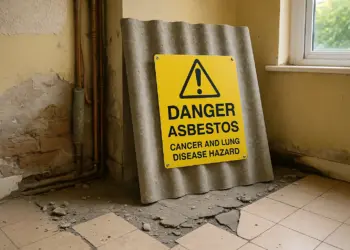






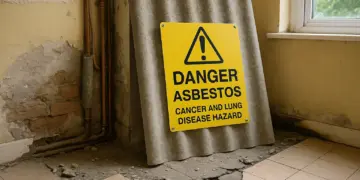






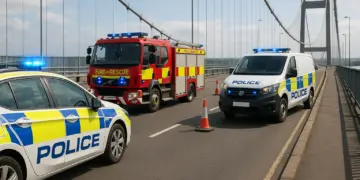


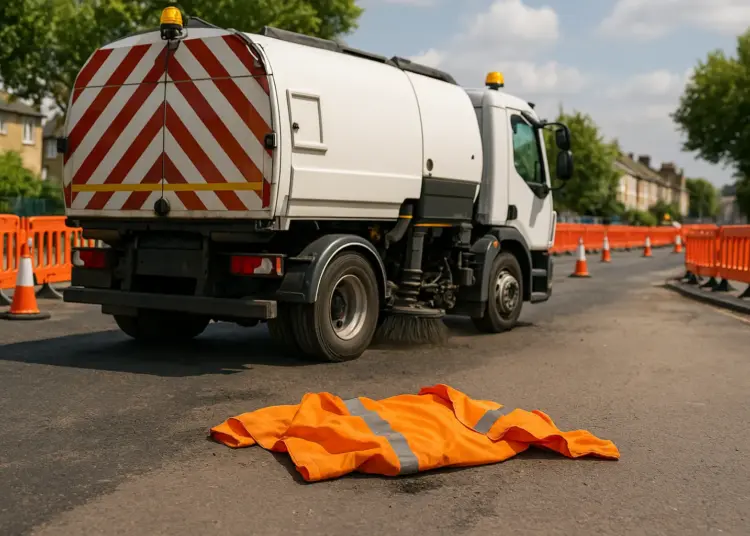
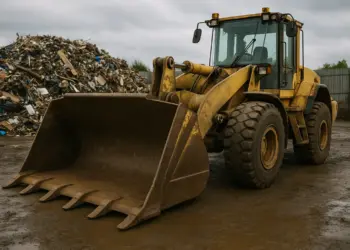




This is a devastating reminder that poor site controls kill. No one should be exposed to moving plant without physical segregation or competent traffic management in place. Companies must carry out thorough risk assessments, provide adequate supervision and training, and ensure safe systems of work that prevent workers being in vehicle movement zones. Enforcement and meaningful penalties play a role but the priority must be robust prevention so families are not left to pay the price of avoidable failures.
This is a devastating reminder that steps which keep people safe are not optional. Proper segregation between vehicles and pedestrians, clear traffic management plans, trained banksmen and effective supervision are basic measures that must be in place on every site. Firms must ensure vehicles are fitted with appropriate safety equipment and that drivers understand and follow safe systems of work. When those controls are missing the consequences can be fatal and organisations must be held to account to drive lasting change.